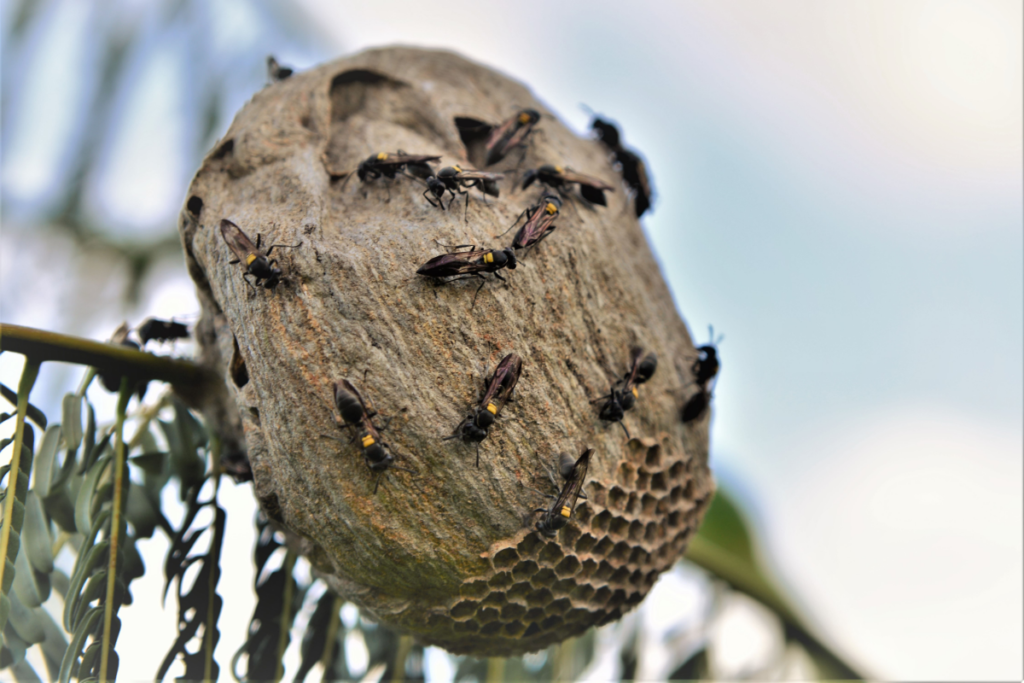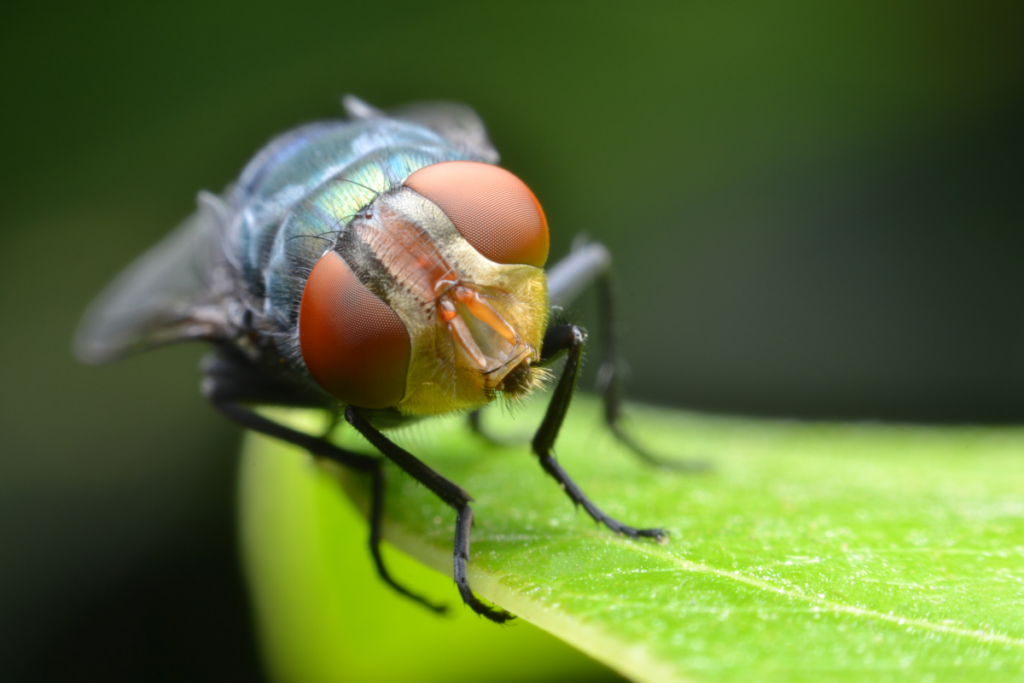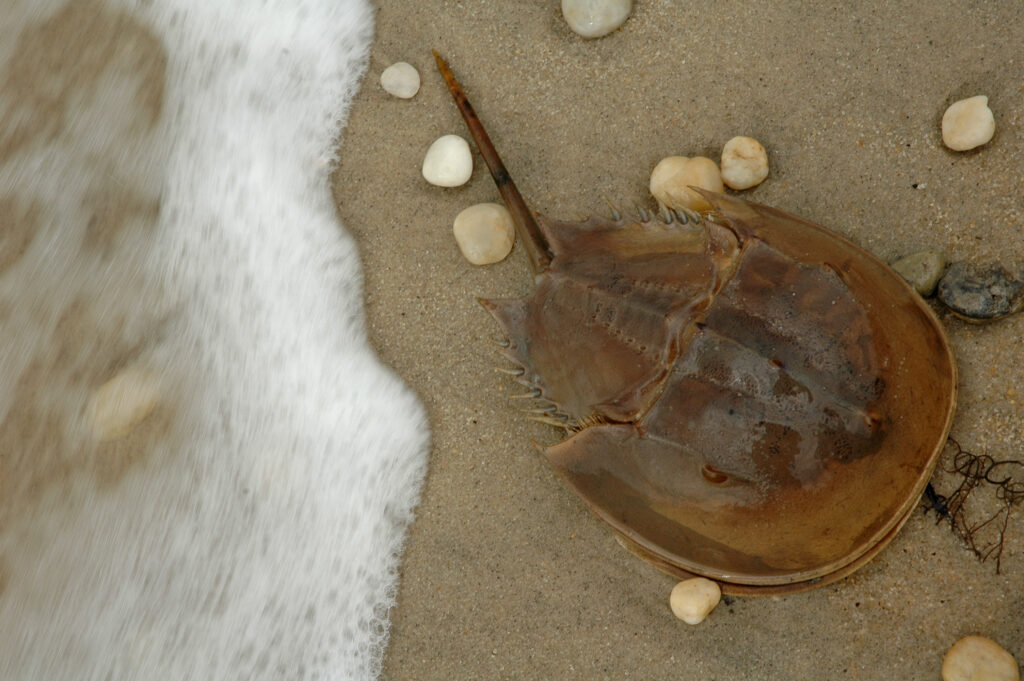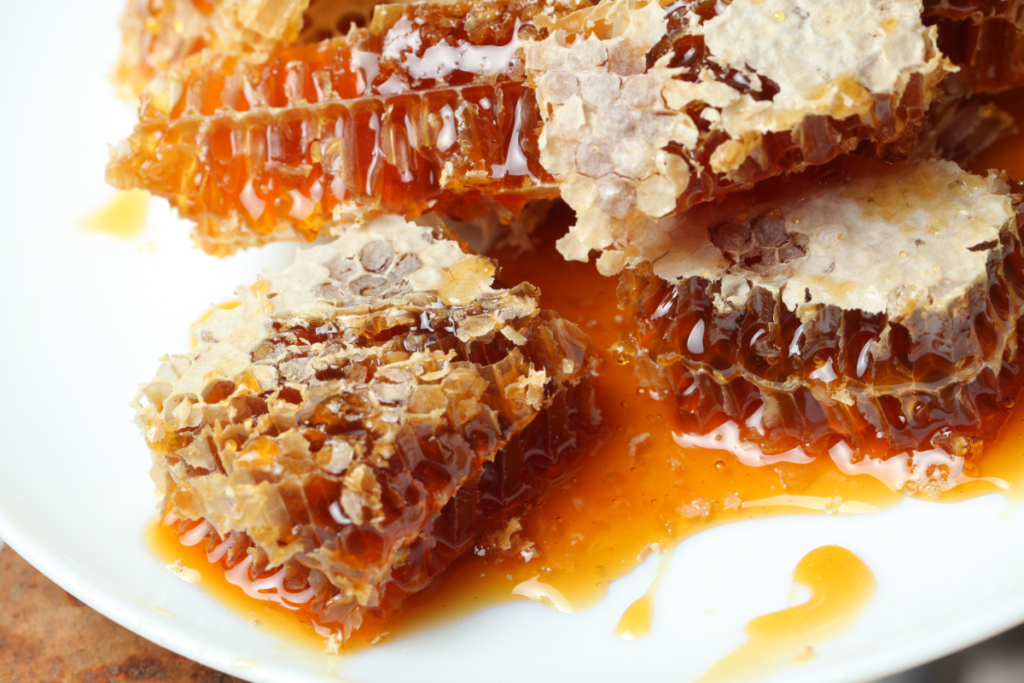Welcome back to the Lab!
Typically, when it comes to bugs and diseases, our minds immediately jump to the diseases that are spread by insects. We definitely don’t need more of that in our lives. So, let’s talk instead about some of the diseases that arthropods are helping cure.
A short disclaimer before we jump in: I am not saying we should abandon modern medicine in favor of alternative treatments. There is a lot of controversy surrounding both the pharmaceutical industry and the effectiveness of alternative medicine. This is not an argument for either. This is just a fun look into some of the ways insects have inspired scientists and healthcare professionals to think outside the box. My ultimate advice? Listen to your healthcare provider.
If you want to read a more in-depth article about insect compounds and their roles in medicine, please read the following article written by Ross Piper for The Conversation: Drugs from bugs: the next blockbuster medicine could be lurking inside an insect. Ross Piper is an expert in the field of insect ecology. His article goes more in-depth into why scientists once shifted their focus away from natural remedies toward the lab-based pharmaceutical industry and why we now have the resources to shift our focus back to nature. It’s an awesome read, and I highly recommend it. When you’re done reading, please do yourself a favor and watch this short clip of Dr. Piper “investigating” a small colony of plant hoppers. Guaranteed giggles.
Wasp Venom for Cancer Treatments

The wasp species Polybia paulista produces a peptide in its venom that attacks the lipid membrane of bacterial pathogens. This peptide causes specific phospholipids to weaken to the point that the membrane breaks apart, allowing vital cell contents to essentially leak out. Healthy human cells contain these phospholipids on the inner cell membrane facing in, whereas cancerous cells contain them on the outer membrane facing out. The peptide effectively targets the cancerous cells’ lipid membrane while leaving the healthy human cells intact.
Blowfly Larvae for Bacterial Infections

Content warning: this one is pretty gross. I’m talking about maggot therapy here, folks. It is exactly what you think it is: using maggots (fly larvae) to eat away dying flesh. Blow fly larvae have repeatedly shown that they are capable of removing necrotic tissue FAR more effectively and efficiently than a surgical operation, to the point that the FDA still approves this procedure today. But the larvae go above and beyond; in addition to removing dead tissue, their secretions have shown broad-spectrum antimicrobial properties. Some studies have even shown evidence of their ability to inhibit and destroy MRSA.
Horseshoe Crab Blood for Medical Testing

Like all arthropods, horseshoe crabs possess an innate immunity; their immune system is simple and, unlike ours, cannot build an immune memory to specific pathogens. Instead, their body will attack any foreign invader by clotting. Essentially, cells called granular amoebocytes (which are the horseshoe crab’s white blood cell equivalent) will coagulate or clot around a foreign invader.
The clotting ability of horseshoe crab blood is a key component in medical testing. Before any product or device that comes in contact with human blood can be made widely available on the market, it is crucial that the product in question is free of not only bacteria but also endotoxins.
Endotoxins, also called lipopolysaccharides, are components of the bacterial cell wall. When bacteria are killed through heat or chemical sterilization, endotoxins are released when the cell wall disintegrates. So, while sterilizing equipment will kill any bacteria, endotoxins may still be present. It is imperative for medical practitioners to know whether or not an endotoxin is present in equipment or injectable products, as they are capable of causing serious diseases or illnesses like septic shock, meningitis, or salmonella. The granular amoebocytes in horseshoe crab blood are able to detect endotoxins present in 1 part per trillion in less than 90 seconds, making it the most sensitive endotoxin detection method we’ve discovered so far.
Honey for Just About Anything

The running joke throughout the movie My Big Fat Greek Wedding is that the father of the bride is obsessed with Windex, which he uses as a miracle cure for everything. Pimple? Put some Windex on it. Stub your toe? Put some Windex on it.
I feel the same way about honey and its historical uses as a cure-all. “The first written reference to honey, a Sumerian tablet writing, dating back to 2100-2000 BC, mentions honey’s use as a drug and an ointment. Aristotle (384-322 BC), when discussing different honeys, referred to pale honey as being “good as a salve for sore eyes and wounds”. Manuka honey has been reported to exhibit antimicrobial activity against pathogenic bacteria such as Staphylococcus aureus (S. aureus) and Helicobacter pylori (H. pylori) making this honey a promising functional food for the treatment of wounds or stomach ulcers.” (Asian Pac J Trop Biomed. 2011)
Until next time, thanks for visiting the lab!
Bug Wrangler Brenna
brenna@missoulabutterflyhouse.org
Want to revisit a previous Notes from the Lab issue? Check out our archive! Do you want to request a subject for an upcoming issue? Email me at the address above and put “Notes from the Lab” in the subject line.